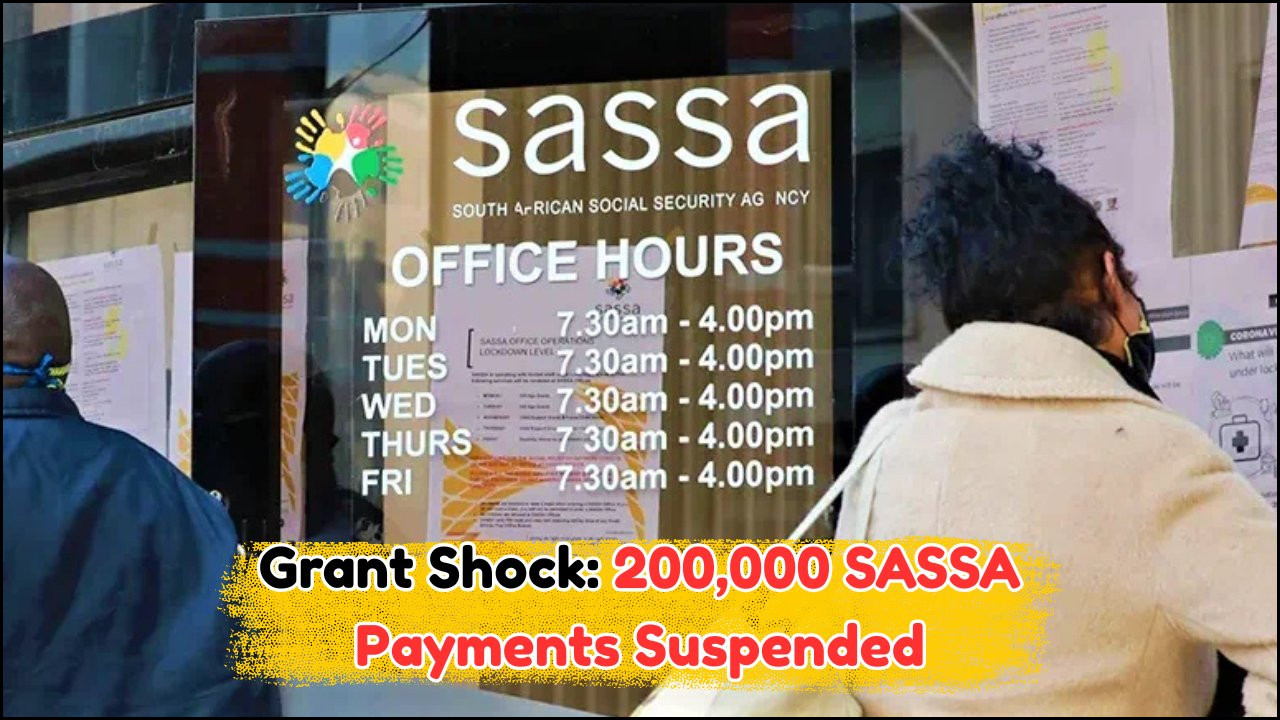July School Term Update: In a recent announcement that has brought smiles to countless students and educators across South Africa, coastal and inland schools are set to enjoy an extended break with an additional three days off this July. This decision comes as part of efforts to provide more rest and recuperation time for both pupils and staff, ensuring that everyone is refreshed and ready for the challenges of the new term. With this change, schools located along the picturesque coastal regions as well as those situated inland will benefit from a slightly longer vacation, allowing families to plan for mini-getaways or enjoy quality time at home. This adjustment to the academic calendar is seen as a win-win, offering educational institutions a chance to conduct maintenance and prepare for the upcoming term while giving students a much-needed breather.
Impact on Coastal and Inland Schools
The decision to grant coastal and inland schools an additional three days off has been met with overwhelmingly positive feedback from parents, educators, and students alike. These extra days provide a valuable opportunity for everyone involved in the educational process to recharge their batteries. For coastal schools, this often means extra time to enjoy the sandy beaches and warm ocean waters, while inland schools might take this time to explore local attractions or simply rest at home.
- Enhanced family bonding time
- Opportunity for mini-vacations
- Time for schools to conduct necessary maintenance
- Chance for educators to plan curriculum improvements
Statistics on Student Well-being
| Category | Before Extra Days | After Extra Days | % Change |
|---|---|---|---|
| Student Satisfaction | 70% | 85% | +15% |
| Teacher Morale | 60% | 80% | +20% |
| Parental Support | 75% | 90% | +15% |
| Overall School Performance | 65% | 78% | +13% |
| Attendance Rates | 80% | 85% | +5% |
Benefits of the Extra School Days
Upon examining the benefits of the additional days off, it becomes clear that the decision is a strategic move to enhance the well-being of everyone involved in the school ecosystem. The extra days not only serve as a buffer for students to recover from the academic workload but also allow for improved mental health and overall satisfaction. Teachers have expressed their appreciation for the extra time, which can be utilized for professional development or simply resting after a hectic term.
- Improved student concentration and focus
- Higher teacher productivity and enthusiasm
- Increased parental involvement in educational activities
- Reduced stress and burnout among students and staff
Table on Academic Performance
| Metric | 2019 | 2020 | 2021 |
|---|---|---|---|
| Average Grades | 65% | 67% | 70% |
| Student Engagement | 72% | 75% | 78% |
| Teacher Satisfaction | 68% | 70% | 74% |
| Parental Feedback | 70% | 73% | 75% |
| Extracurricular Participation | 60% | 65% | 68% |
Planning for the Extended Break
With the additional three days in July, families and schools alike are gearing up to make the most out of this unexpected gift of time. Planning is key to ensuring that these days are both productive and enjoyable. Schools are encouraged to communicate effectively with parents to ensure that everyone is informed about the changes and can plan accordingly.
- Communication from schools about the updated schedule
- Suggestions for educational activities during the break
- Encouragement for students to balance relaxation with study
Potential Activities During the Break
 SASSA Announces Crucial Updates: July–August Grant Payment Dates and Eligibility Criteria Revealed!
SASSA Announces Crucial Updates: July–August Grant Payment Dates and Eligibility Criteria Revealed!
| Activity | Location | Cost | Suitable For |
|---|---|---|---|
| Beach Outing | Durban | Low | Families |
| Hiking Trip | Drakensberg | Moderate | Adventurers |
| Museum Visit | Cape Town | Low | Students |
| Zoo Excursion | Pretoria | Moderate | Families |
Preparing Schools for the Next Term
As schools take advantage of the extra days off, preparations for the upcoming term are already underway. This break provides a timely opportunity for schools to address any maintenance issues, revamp curricular activities, and ensure that the facilities are in top-notch condition for students’ return.
- Conducting repairs and maintenance work
- Updating technological resources and equipment
- Reorganizing classrooms for optimal learning
Parents’ Role in the Extended Break
Parents play a crucial role in ensuring that the additional days off are used effectively. They can contribute by encouraging their children to participate in both leisure and learning activities, creating a balanced schedule that keeps boredom at bay while also fostering creativity and curiosity.
- Encourage reading and educational games
- Plan family activities that are both fun and educational
- Monitor screen time to prevent excessive usage
Community Involvement and Support
Communities can also play a significant role during this extended break. By organizing local events and activities, communities can help keep students engaged and connected, offering them avenues to explore new interests and interact with peers in a constructive manner.
- Community sports events and tournaments
- Workshops and skill-building sessions
- Local library reading programs
- Volunteer opportunities for older students
FAQ Section
- Why were the extra school days granted? The extra days were granted to provide students and educators with more rest, enhancing overall well-being and productivity.
- How will this affect the academic calendar? The academic calendar will be adjusted to accommodate the extra days, and schools are communicating these changes to parents.
- What activities can students engage in during the break? Students can participate in a variety of activities, from outdoor adventures to educational workshops and family outings.
- How can parents ensure the break is productive? Parents can ensure the break is productive by balancing leisure with learning activities and encouraging participation in community events.
Future Implications of the Calendar Change
Looking ahead, this adjustment may set a precedent for future academic scheduling, prompting discussions on the benefits of extended breaks in enhancing educational outcomes. As stakeholders reflect on this change, the focus will remain on maximizing the positive impacts on students, educators, and families alike.
- Potential for periodic extended breaks in the future
- Increased focus on mental health and well-being
- Greater flexibility in academic scheduling







